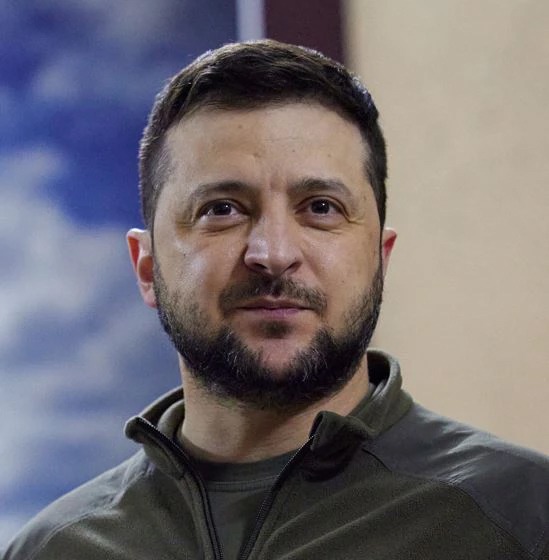Ukrainian President Volodymyr Zelenskyy has said that a full and unconditional ceasefire with Russia is possible, but only if the United States increases diplomatic pressure on Moscow. Speaking during a meeting with business leaders in Dnipropetrovsk, Zelenskyy stressed that Ukraine remains ready to halt hostilities without preconditions. In contrast, Russia continues to insist on terms that Ukraine and its allies have consistently rejected.
According to Zelenskyy, Ukraine has made its position clear and has not asked for anything in return to end the war. He argued that Russia has no legitimate grounds to impose conditions for a ceasefire, and emphasized that Ukraine is opposed to any arrangement that would see Western sanctions on Moscow lifted as part of a peace deal. This stance, he added, is backed by member states of the European Union.
Despite these efforts, Russia continues to resist a ceasefire, reportedly in hopes of gaining more ground on the battlefield. Zelenskyy noted that recent Russian offensives in regions such as Sumy, Kharkiv, and Zaporizhzhia have so far failed to deliver significant gains. He expressed confidence that with continued American pressure and dialogue, Russia would ultimately have no choice but to agree to halt its aggression.
Read Also:
- Zelenskyy ready to work under Trump’s leadership, proposes Ukraine peace plan
- Zelenskyy calls for truce after Russia’s attack on Ukraine infrastructure
- US peace plan for Ukraine unacceptable ‘in its current form’ – Russia
Russia’s position on peace has remained inflexible. Moscow has indicated that it would only consider a ceasefire if Ukraine formally accepts its control over Crimea and parts of the eastern and southern regions. Additionally, Russia wants Ukraine to give up its ambitions of joining NATO, reduce its military strength, and implement changes to its government that Russia claims are necessary to remove so-called extremist elements. The Kremlin also insists on legal protections for Russian-speaking communities and the lifting of sanctions imposed by the West.
While these demands have been presented as non-negotiable by Russia, Ukrainian leadership views them as entirely unacceptable and incompatible with the country’s sovereignty and democratic values.
Earlier efforts to broker a temporary ceasefire were discussed at a meeting in Saudi Arabia in March, where Ukrainian and American officials explored the possibility of a 30-day pause in fighting. While President Putin claimed to support the initiative in principle, he later introduced conditions that included a halt to military aid to Ukraine, stalling progress.
Russian officials, including Deputy Foreign Minister Sergey Ryabkov, have since dismissed the U.S.-led peace proposals, arguing they fail to address what Moscow considers core security issues. This rejection has further complicated diplomatic efforts aimed at de-escalating the conflict.
Still, Zelenskyy remains hopeful that persistent international pressure, particularly from Washington, could bring Russia back to the table. He reaffirmed Ukraine’s openness to a peaceful resolution and underscored the need for the global community to stand firm in its support for Ukrainian sovereignty and territorial integrity.
As diplomatic channels remain open and military tensions persist, the path to peace appears fraught but not impossible. Much will depend on whether international actors can build the pressure necessary to force a shift in Russia’s approach.



